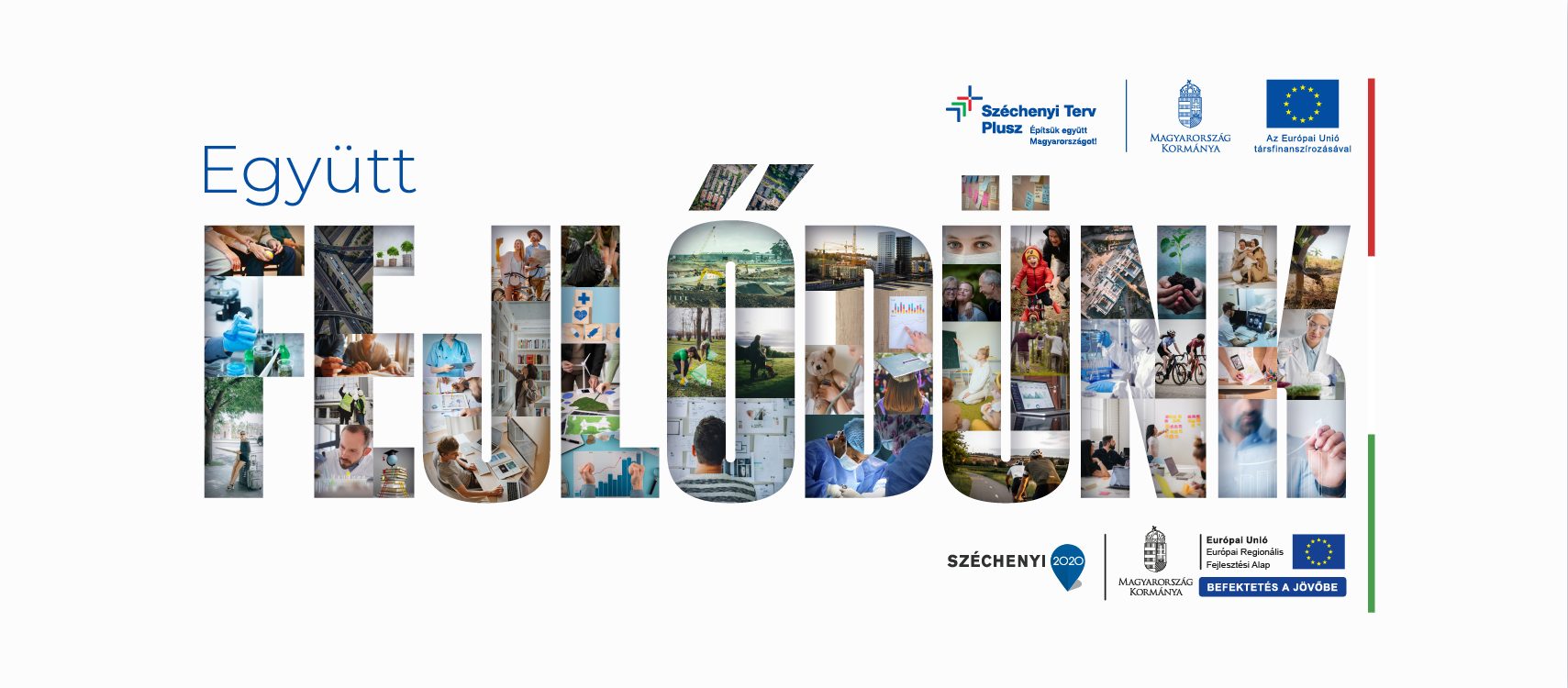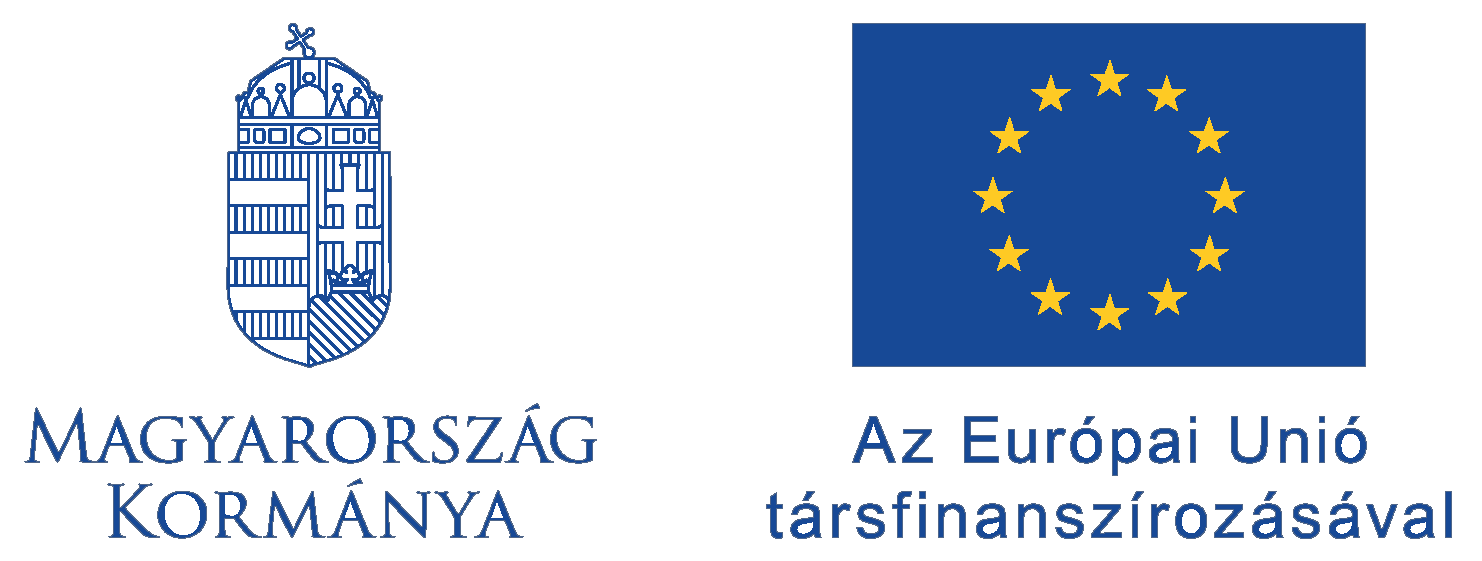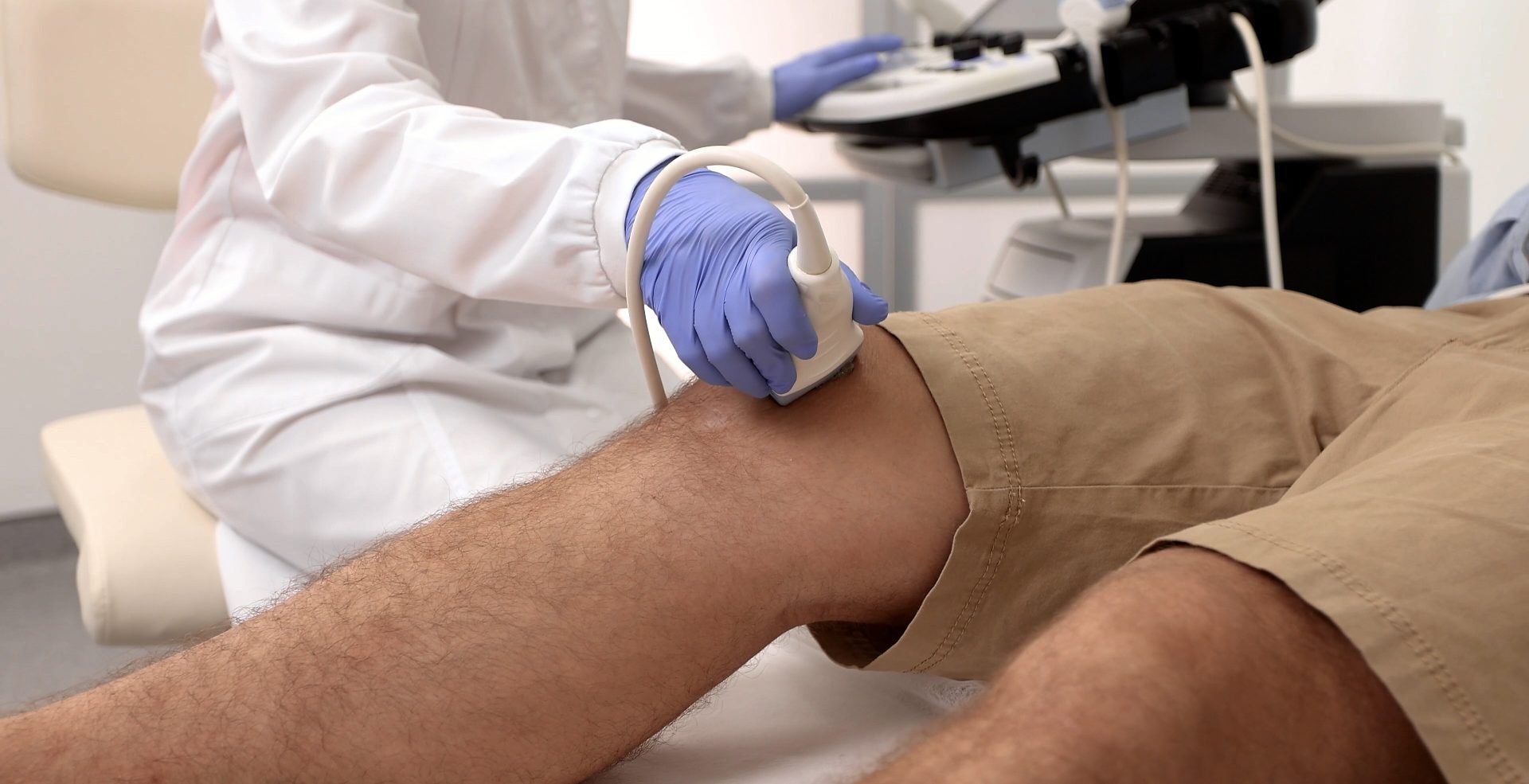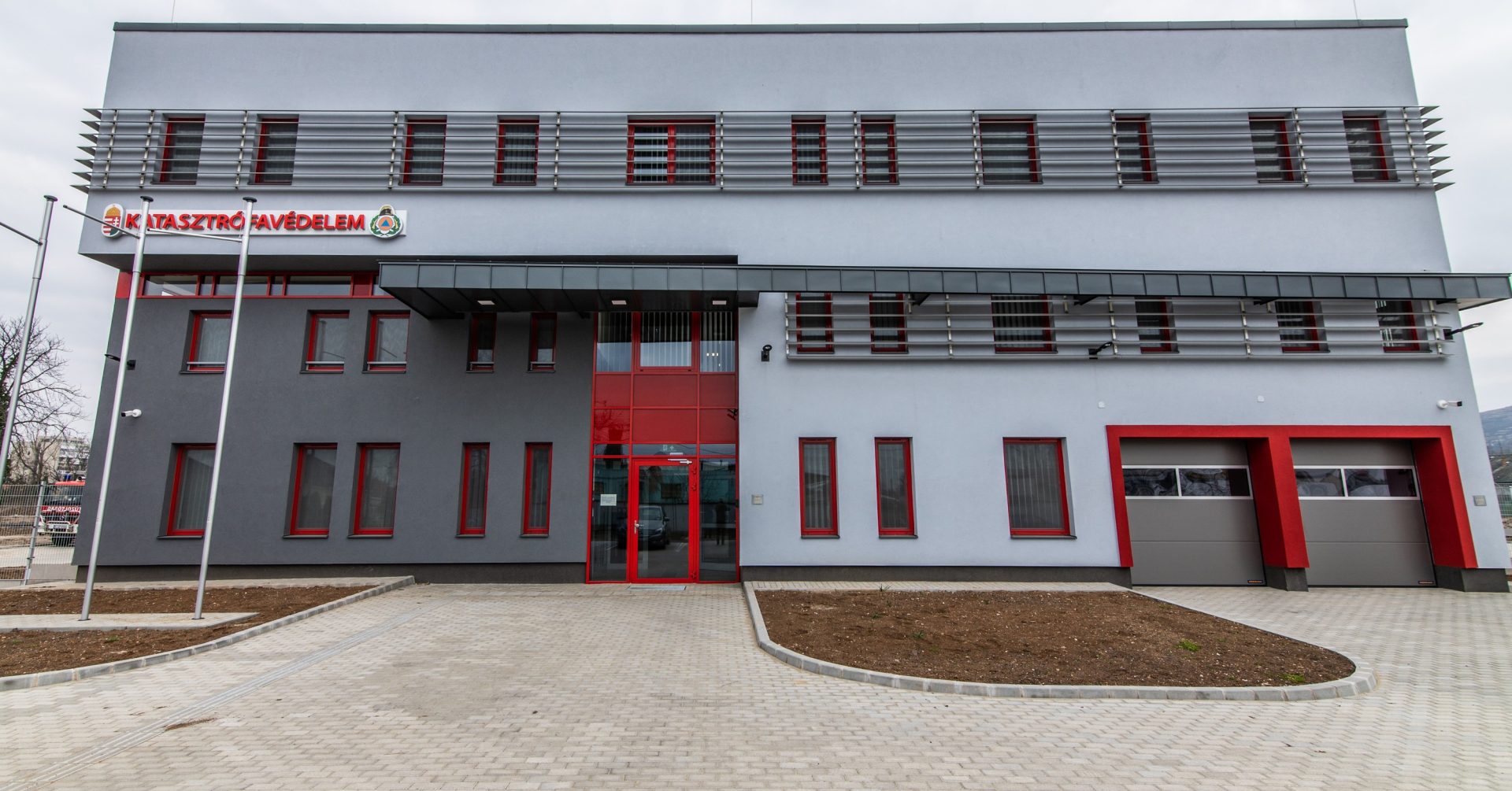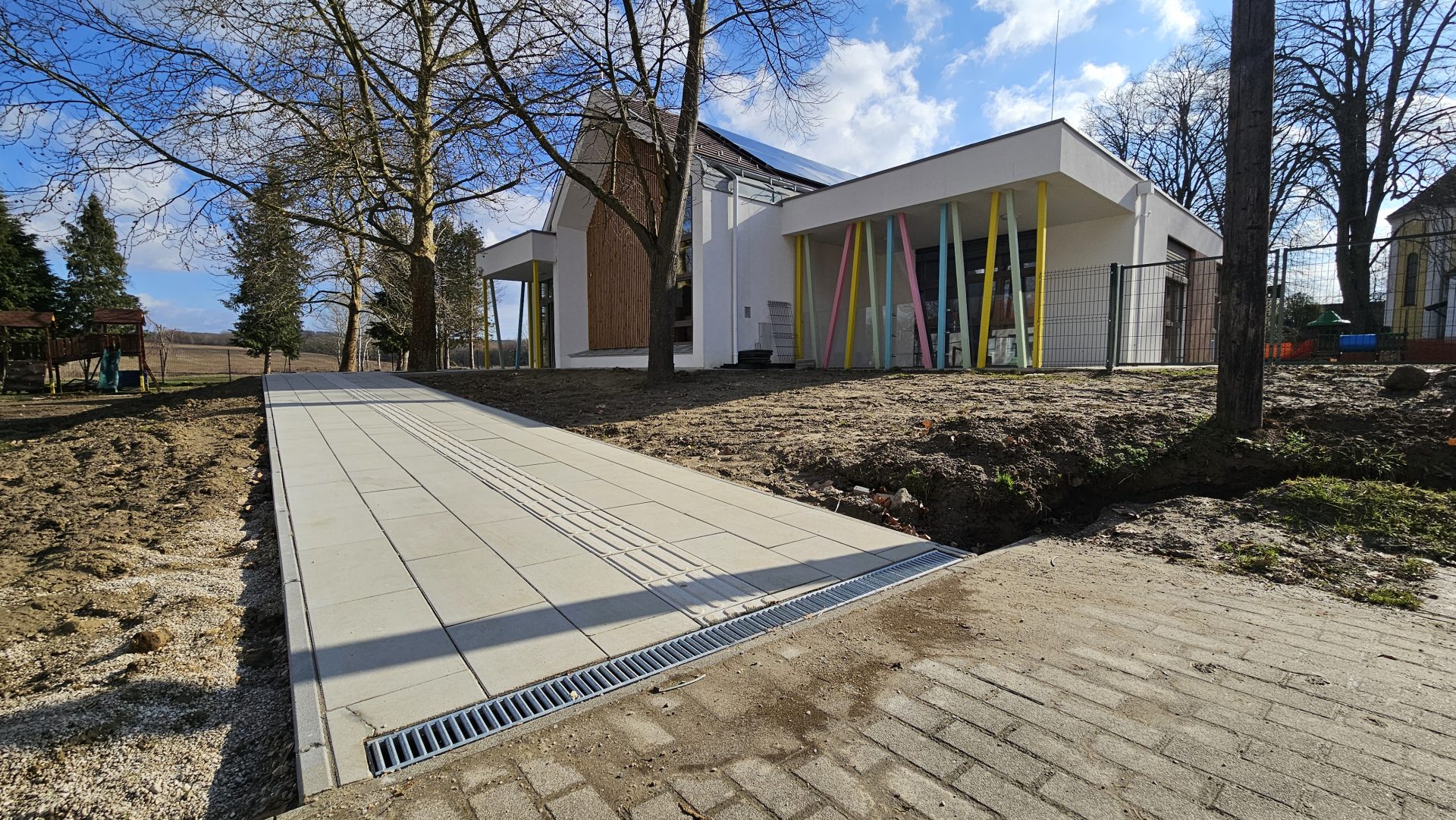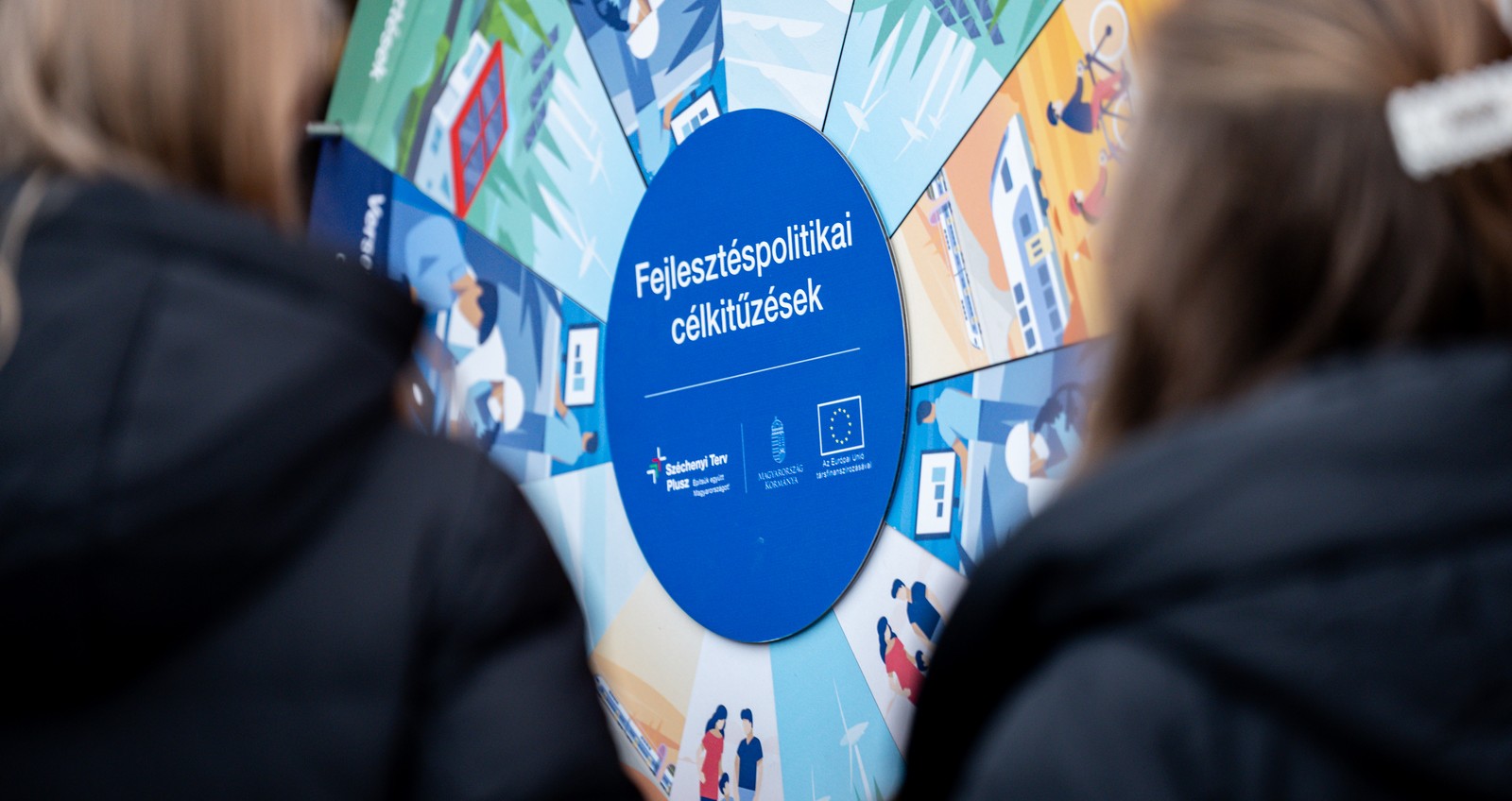In the framework of an EU funded project The National Medical Rehabilitation Centre has made a major step forward in the prevention and treatment of musculoskeletal disorders by using innovative robotic therapy tools in complex rehabilitation procedures.
For most people, walking or picking up a pen comes easy. However, for those who have suffered a stroke with paralysis or a serious spinal cord injury as a result of an accident, these activities are not at all easy. New technologies and methods that provide the highest level of care for patients in need of neurorehabilitation can offer hope.
The robot-assisted rehabilitation system introduced at the National Medical Rehabilitation Centre is designed to help people with stroke with muscle weakness or paralysis in one or both lower limbs or all four limbs, as well as accidental brain injury and traumatic spinal cord injury to improve their daily activities, upper limb function and relearn to walk.
Successful rehabilitation is also aided by a walk and posture diagnostic device that uses pressure sensors to measure the pressure of the foot on the ground in static and dynamic situations. The data recorded helps to accurately assess the patient’s condition, reveal the cause of changes in posture and walking, and monitors the effects of the use of insoles, prostheses and medication.
The grant was also used to set up a new equipped Laboratory of human kinesiology. With these, procedures and methods are introduced in the treatment of patients which have not been used in neurorehabilitation care in Hungary before.
The diagnostic equipment represents the highest state-of-the-art in laboratory testing and motion analysis, and will significantly improve the quality of care for musculoskeletal patients in Hungary, as well as providing significant research potential.
The project was funded by the EU in the framework of the EFOP-5.2.6-20-2020-00012 project.
Find out more about the project in the Project Finder: Details
